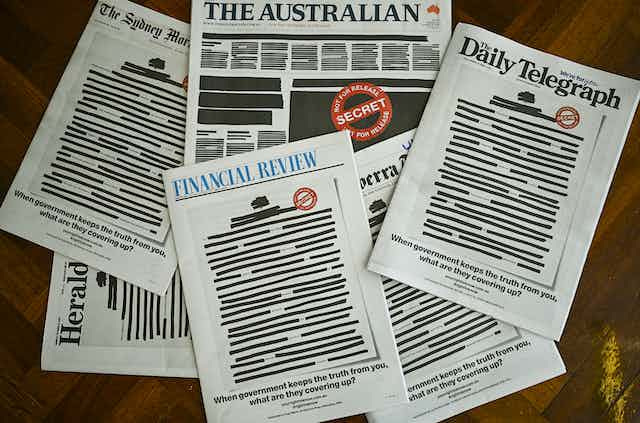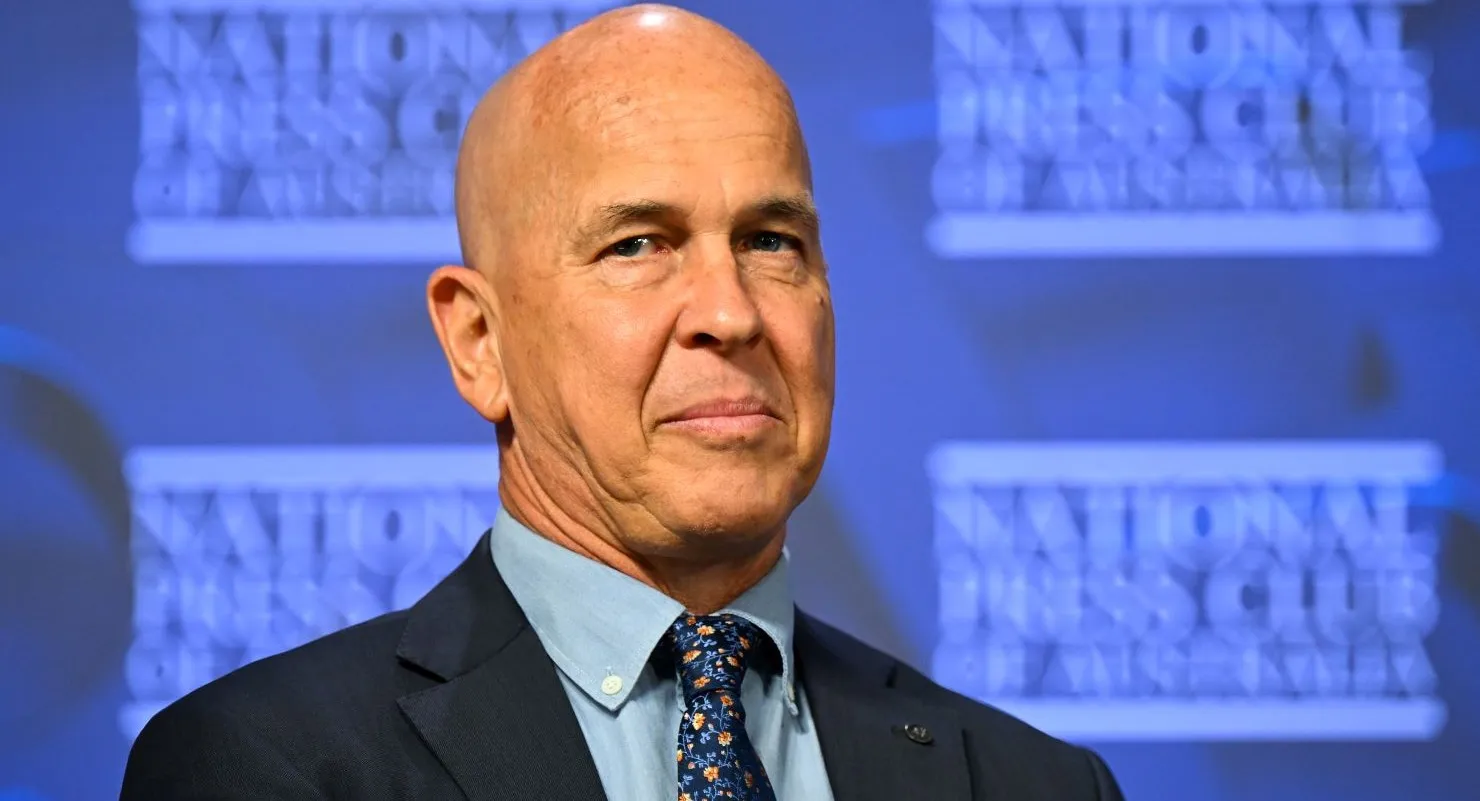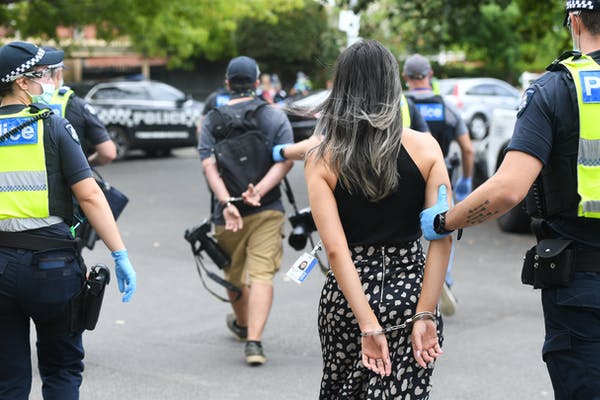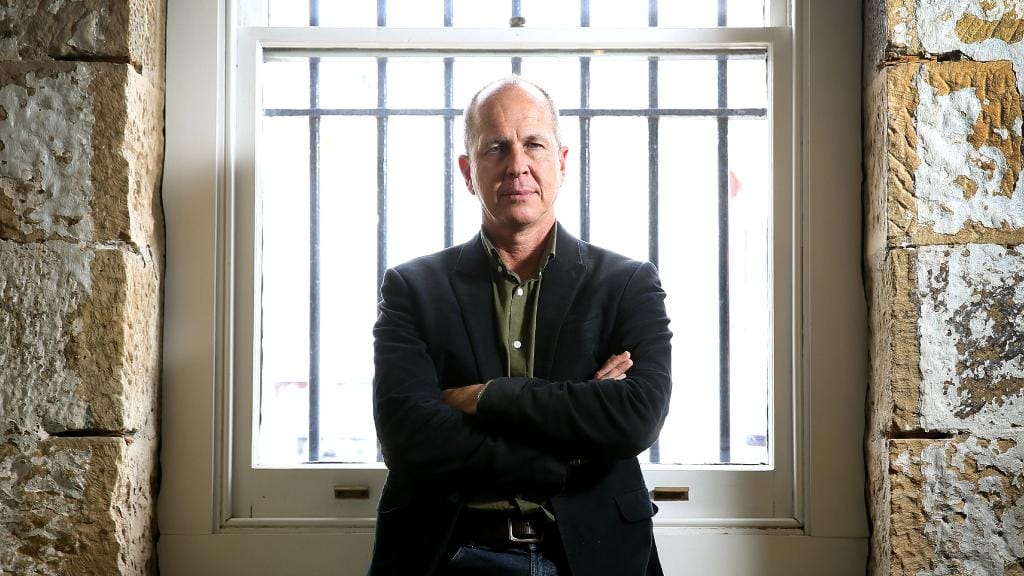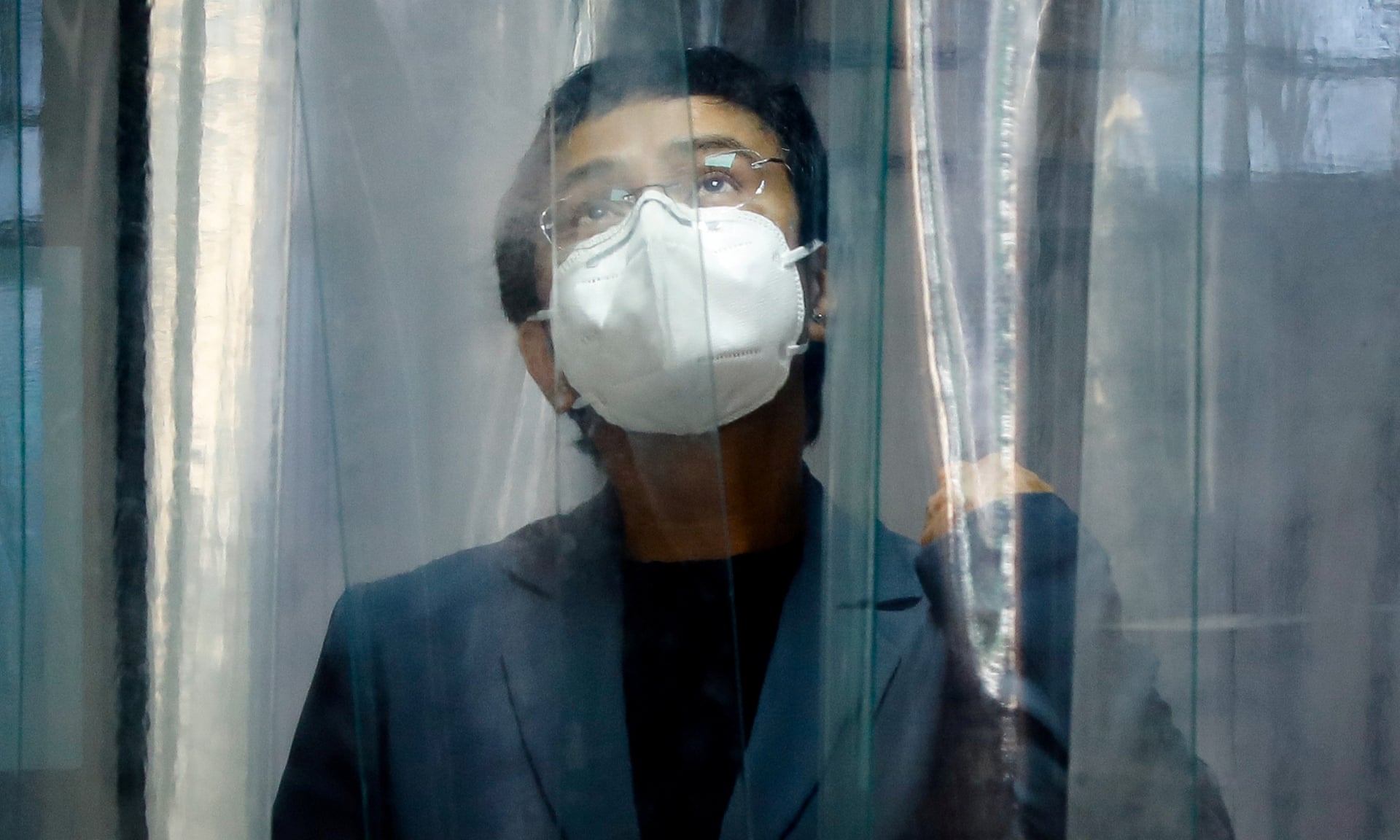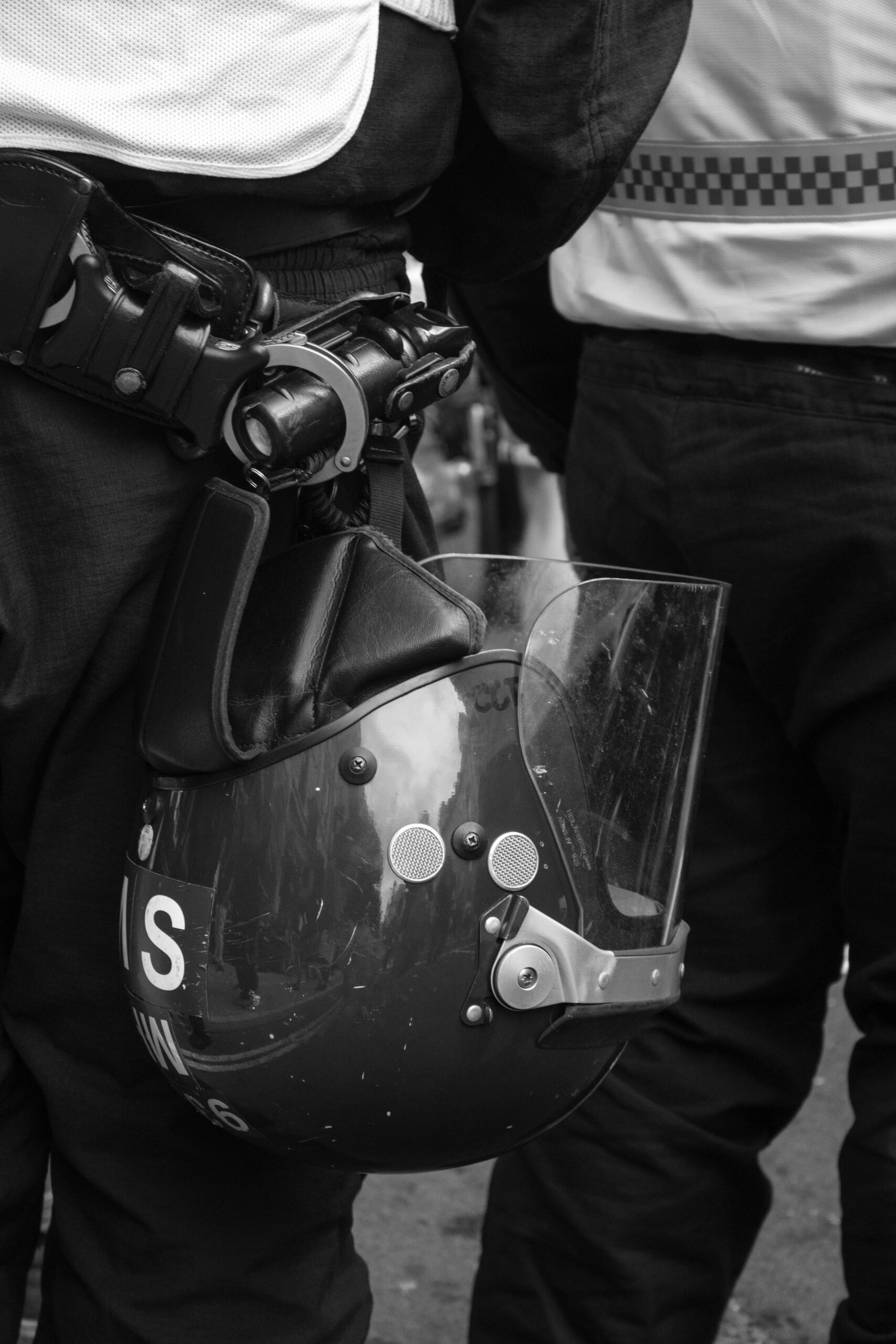
If we criminalise, dismiss or sideline journalism that tells inconvenient truths, we will destroy our capacity for sensible public debate. As I write, the grim count of journalists killed in Gaza since last October has reached 97. Reporters Without Borders (RSF) puts the number slightly higher at 108. In the first 50 days of the conflict, journalists were being killed…
Read More


